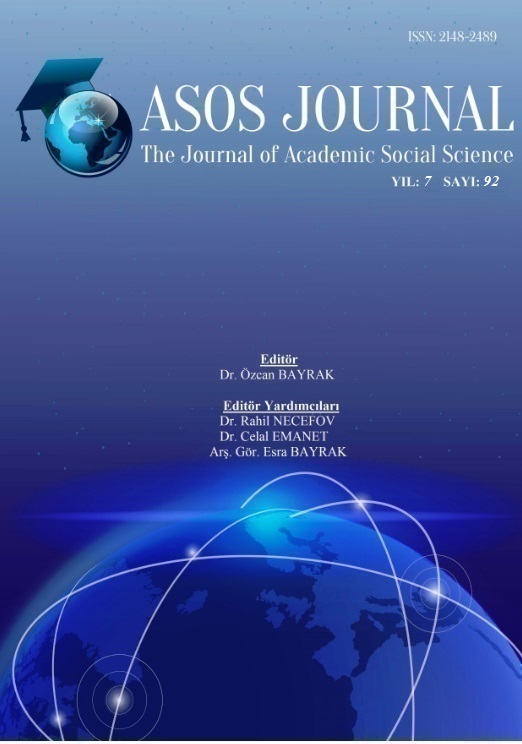Author :
Abstract
Bu çalışma Yemenli âlim Muhammed b. Ali eş-Şevkânî’nin (ö. 1250/1834) Fethu’l-kâdir adlı tefsirinde ele aldığı ahkâm ayetlerinin fıkhî yönünü konu edinmektedir. Bu amaçla Şevkânî’nin Kur’ân’daki ahkâm ayetlerini tefsir ederken eserindeki metodunu açığa çıkarmakla birlikte onun ayetleri şeri hükümlere istinbat etme yönü de ortaya konulmaya çalışılacaktır. Aynı şekilde Şevkânî’nin ayetlerin hükümlerini açıklarken dayandığı şerî delilleri nasıl kullandığı da bu amaçla irdelenecektir. Makale de Şevkânî’nin tefsirinde fıkhî tercihi noktasında ahkâm konularında yöntem olarak bir mezhebe bağlı kalmadığı tezine ulaşılmıştır. Bu fıkhî anlayış sisteminin özünü Şevkânî’nin bütün kitapların da savunduğu ve insanları çağırdığı; içtihada çağrı ve taklidin terki oluşturmaktadır. Makalede konu edinen bir başka konu Şevkânî’nin Zeydi olmadığıdır. Kendisi Zeydiler arasında yaşamış, onlardan eğitim almış olsa bile gerek usûl gerekse de furu’ birçok meselede onlara muhalefet etmiştir. Şevkânî buna rağmen kitaplarında kendi sistemine uyan birçok Zeydî meşhur âlimin görüşlerini aktarmış ve bu mezhepten yana çokça tercihte bulunmuştur.
Keywords
Abstract
This study focuses on the fiqh aspect of the verses of ahkam which the Yemeni scholar Muhammad ibn Ali Al-Shavkani (d. 1250/1834) discuses in his revealing called Fethul-Qadir. For this purpose, the aspect of Shavkani's interpretation of verses on shariah laws along with exposing the method in his work while his revealing the verses of ahkam in Quran will be presented. In the same way, how Shavkani uses the evidences while explaining the provisions of the verses will be examined for this purpose. In the article, it was found out that Shavkani's interpretation was not based on a sect as a method of jurisprudence at the point of fiqh choice. The essence of this system of jurisprudence is that Shavkani defends all the books and calls people; the case-law calls for call and imitation. Another subject in the article is that Shavkani is not Zeydi. He lived among Zaydis, and even though he had received education from them, he opposed them in many issues, both methods and furu. Nevertheless, Şevkânî conveyed the views of many Zeydi famous scholars who fit his system in his books and made a wide choice in favor of this sect.





